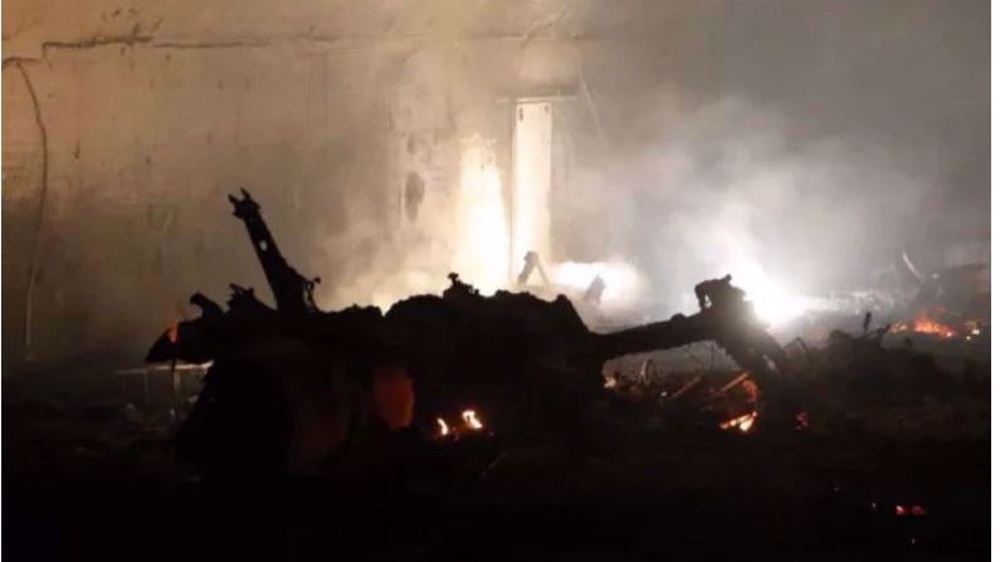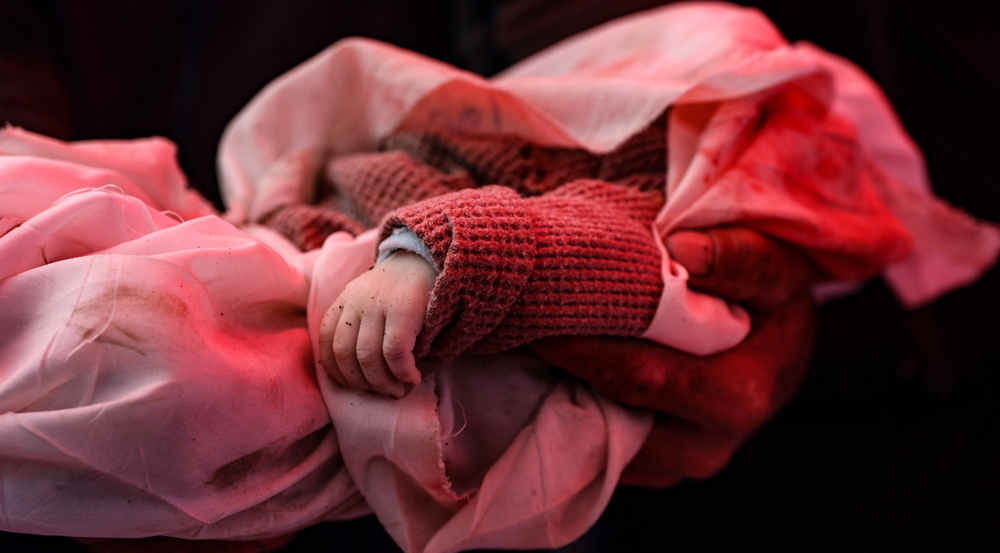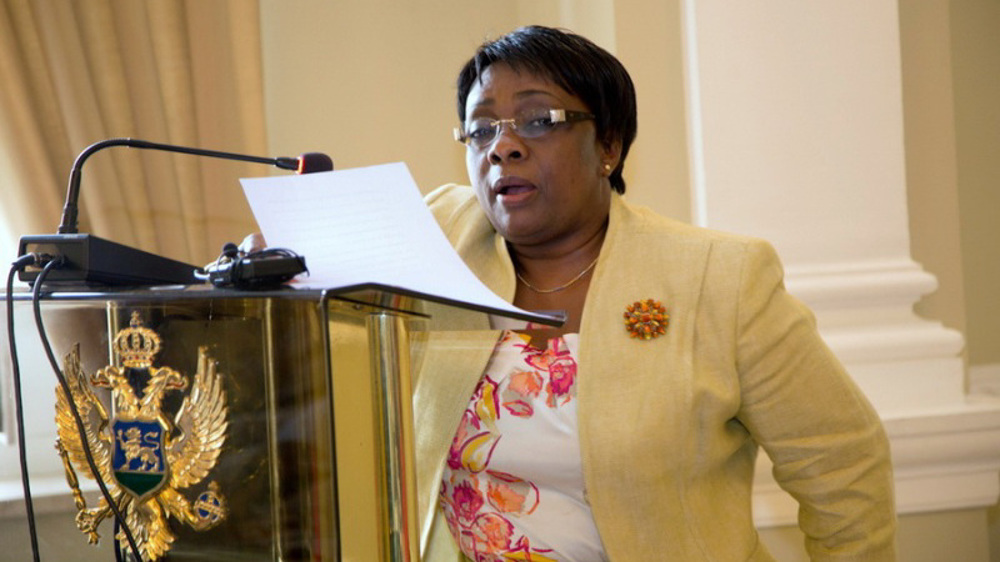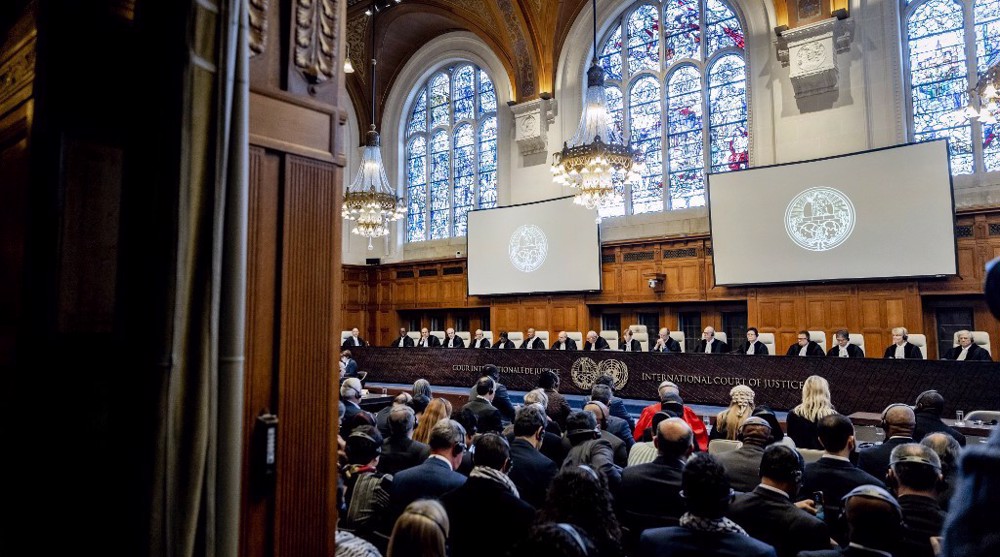Pro-Israel judge to replace Lebanon's new PM as head of Intl. Court of Justice
Pro-Israel judge Julia Sebutinde is set to lead the International Court of Justice (ICJ) after its former chief, Nawaf Salam, was appointed as Lebanon's prime minister.
Sebutinde, a controversial Ugandan judge who has been denying the genocidal nature of Israel’s brutal war on the besieged Gaza Strip for the past 15 months, is set to assume the presidency of the ICJ after Salam secured enough support to become the Arab country’s prime minister early this week.
Sebutinde gained attention for her firm stance against South Africa's genocide charges against Israel and is anticipated to replace Lebanese jurist Salam after his resignation, effective Tuesday.
South Africa complained to the ICJ in December of 2023, saying the Israeli regime's actions in Gaza were “genocidal in character because they are intended to bring about the destruction of a substantial part of the Palestinian national, racial and ethnical group”.
Since then, several countries, including Nicaragua, Colombia, Libya, Mexico, Palestine, Spain, Turkey, Bolivia, the Maldives, Chile, and Ireland have joined the case.
Sebutinde’s sudden appointment is only the second instance in ICJ history that a vice president has stepped in to fill a vacancy left by a departing president.
Sebutinde, the first African woman appointed to the ICJ in 2012, may face scrutiny over her impartiality, particularly due to her being one of the only two judges—alongside Israeli appointee Aharon Barak—to vote against an ICJ directive urging Israel to immediately halt its genocidal war in Gaza.
In its July 2024 ruling, the court, with a 13-2 majority, also declared Israel's presence in the occupied Palestinian territories unlawful. In a dissenting opinion, Sebutinde referred to the proceedings as a “one-sided forensic audit of Israel’s compliance with international law.”
Legal experts slammed Sebutinde's reasoning for lacking a thorough evaluation of the facts, and her controversial stance sparked diplomatic tensions, leading Uganda's UN Ambassador Adonia Ayebare to publicly distance the government from her position.
“Justice Sebutinde’s ruling at the International Court of Justice does not represent the Government of Uganda’s position on the situation in Palestine,” Ayebare said on X.
In January 2024, the ICJ handed down a ruling, ordering Israel to take all measures within its power to prevent genocide in Gaza, but stopped short of calling for an immediate ceasefire.
Israel launched its brutal Gaza onslaught on October 7 after Hams carried out its historic operation against the occupying entity in retaliation for the regime’s intensified atrocities against the Palestinian people.
Ever since, at least 46,788 Palestinians have been killed in Gaza, mostly women and children. Thousands more are missing and presumed dead under rubble.
In addition to targeting Gaza's infrastructure, Israel has been deliberately blocking the flow of food, medicines and basic supplies into the besieged territory and using starvation of civilians as a method of warfare.

Israel confirms killing Syria’s HTS-led militants in attacks on military bases

Tel Aviv in shock as Trump imposes tariffs on all Israeli goods

Deadliest day in fortnight: Israel kills almost 80 Gazans in attacks on UN clinic, refugee sites
Death toll from Myanmar quake rises to over 3,085
US militarization in West Asia reaches unprecedented levels: Report
VIDEO | The 1992 Clonoe Killings
VIDEO | Columbia University students chain themselves to gate in support of Mahmoud Khalil
Hungary to quit ICC as fugitive Israeli PM visits European state
IRGC: Resistance front will end Israel’s ‘disgraceful’ existence
EU calls Trump tariffs ‘major blow to world economy’ as China vows retaliation
VIDEO | Press TV's news headlines








 This makes it easy to access the Press TV website
This makes it easy to access the Press TV website